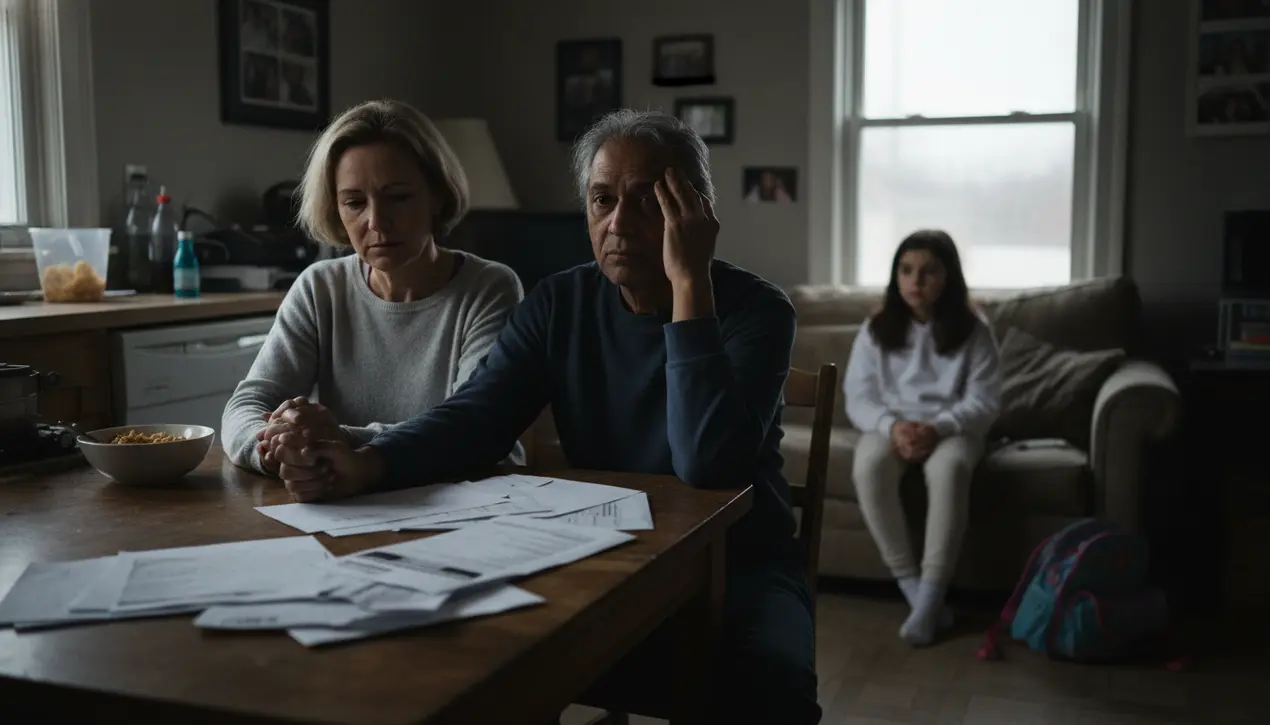
PoliticslegislationHealthcare Policies
Millions Face Uninsured as Health Insurance Premiums Soar
AN
Anna Wright
1 hour ago7 min read3 comments
The American health care system is teetering on the brink of a profound human crisis, one that Congress appears either unwilling or unable to avert. As the political theater of a government shutdown concluded, the substantive issue of affordable care was left unresolved, leaving up to four million people—fathers, mothers, entrepreneurs, and retirees—staring into an abyss.The expected average 30 percent premium hike for plans under the Affordable Care Act is not merely a statistic; it is a direct assault on family budgets and personal well-being. I spoke with individuals whose lives are being reshaped by this policy failure, and their stories reveal a system that prioritizes political point-scoring over human dignity.Hussein Cabrera, a 45-year-old IT contractor from South Carolina, embodies the cruel irony of this moment. He works for a health insurance company yet cannot secure affordable coverage for his own family.Faced with his wife’s premium skyrocketing from $53 to $285 a month, he is contemplating the unthinkable: dropping coverage for himself and his daughter to ensure his wife, who has an autoimmune disease, can continue seeing her doctors. His resigned plan to 'pray and see what happens' after desperately stockpiling medications is a damning indictment of a safety net that has completely frayed.Then there is Ian, a 36-year-old from San Antonio, Texas, a state already notorious for having the highest uninsured rate in the nation. His asthma, exacerbated by a recent Covid-19 infection, makes insurance a medical necessity, yet the cheapest plan he can find has leapt to $282 monthly with a staggering $10,000 deductible.His 50-50 deliberation on whether to forgo coverage altogether, relying instead on discount drug programs and hospital charity care, highlights how the system forces people to gamble with their health. The personal stakes for Samuel, a 47-year-old entrepreneur, are equally grim.After leaving stable employment, he faces a plan costing $580 per month with an $8,500 deductible—a financial burden so immense he openly questions its value, even in the event of a catastrophic car accident. His fear that a hospital might deny him emergency care without insurance, despite federal EMTALA laws, underscores a deep and justified erosion of public trust.Perhaps most poignant is the predicament of Steven, a New Jersey retiree in his late fifties. The termination of his wife’s corporate insurance has thrust them into the individual marketplace, where their family plan is set to explode from $1,000 to $2,700 a month.To pay for it, they must raid retirement savings, potentially spending $50,000 out-of-pocket in a single year. His observation that 'the two political parties want to be right and not care about people' cuts to the core of a political failure that feels both systemic and personal.These are not isolated anecdotes; they are the human faces of a policy catastrophe. The bipartisan negotiations happening in the shadow of the December 15 enrollment deadline feel achingly slow and detached from the urgent realities in households across the country.The fundamental social contract—that hard work should grant access to basic health security—is being broken. This is more than a healthcare story; it is a story about the erosion of the American promise, where individuals are forced to make impossible choices between financial ruin and physical well-being, all while the politicians who could fix it remain locked in a stalemate.
#Affordable Care Act
#health insurance premiums
#government shutdown
#uninsured Americans
#healthcare crisis
#featured
Stay Informed. Act Smarter.
Get weekly highlights, major headlines, and expert insights — then put your knowledge to work in our live prediction markets.
Related News
Comments
Loading comments...
© 2025 Outpoll Service LTD. All rights reserved.